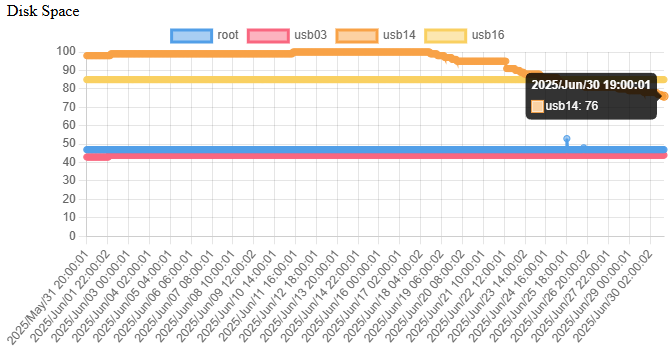A minor adventure, yet one worth documenting. I’ve been wanting to get MariaDB updated on my VPS for the longest of time but do it in a way with precompiled binaries so I have some control over what I run and, if needed, some flexibility with versions without having to dnf/yum/apt-get things in and out.
To note I tested this on my test machine running 4.18.0-348 and it wasn’t quite happy with getting 11.8.2 rolled out onto it. I realized that the home test machine is a bit old so I had to defer to 10.11.13. Once that was all done I fired up a virtual Rocky9 host running 5.14.0-* and, with the same instructions with the test machine successfully got 11.8.2 slammed on that with no data loss.
Read More
